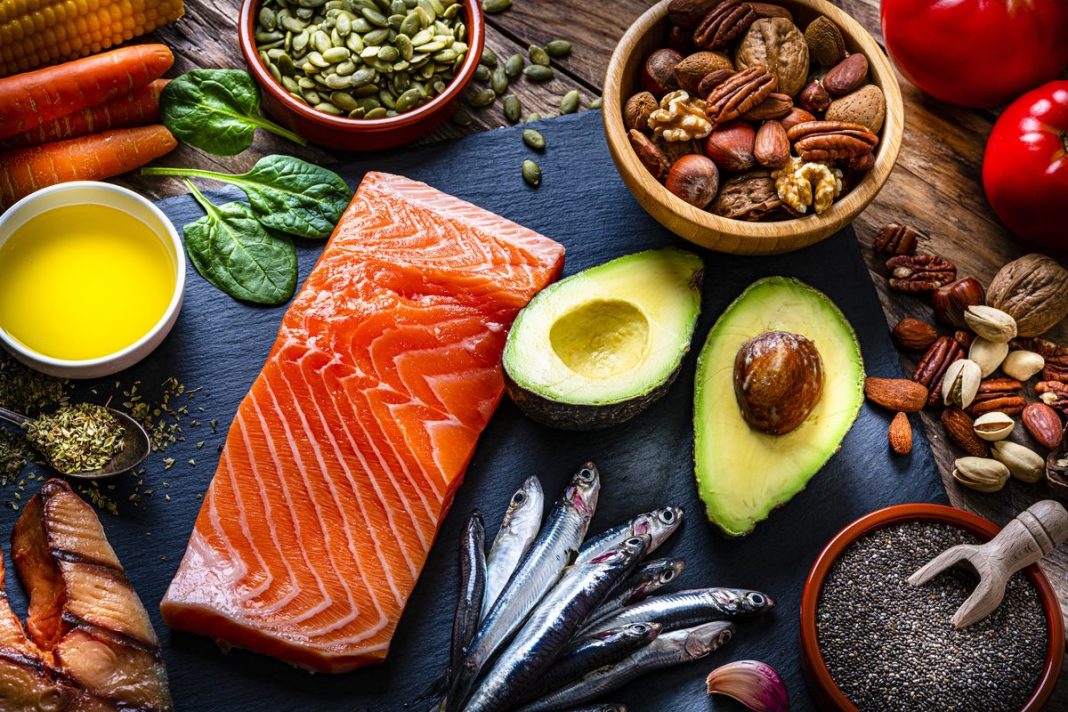Menopause is a natural biological process that marks the end of a woman’s reproductive years. While it is a normal phase of life, it can come with a range of physical and emotional challenges.
However, with a healthy lifestyle and mindful dietary choices, women can significantly alleviate the symptoms and discomfort associated with menopause. Let’s discuss how menopause feels like for a woman.
What Does Menopause Feel Like?
Menopause typically occurs in the late 40s to early 50s, although the exact age can vary.
According to the best gynecologist in Lahore, some women might experience minimal discomfort, while others might have more pronounced and bothersome symptoms. Here are some common physical and emotional experiences associated with menopause:
- Hot Flashes and Night Sweats: Hot flashes are perhaps the most well-known symptom of menopause. They involve a sudden sensation of heat spreading throughout the body, often accompanied by flushing and sweating.
- Irregular Menstrual Cycles: As a woman approaches menopause, her menstrual cycles may become irregular. Periods might be heavier, lighter, shorter, or longer than usual.
- Vaginal Changes: Decreased estrogen levels can lead to changes in the vaginal tissues, resulting in dryness, discomfort during intercourse, and an increased susceptibility to infections.
- Mood Changes: Hormonal fluctuations during menopause can impact mood. Some women might experience mood swings, irritability, anxiety, or even depression.
- Weight Gain: Metabolism tends to slow down during and after menopause, which can make it easier to gain weight and harder to lose it.
Which Foods to Eat During This Time?
Here are some of the best foods and lifestyle tips that can help women through this transition:
Plant-Based Foods
A diet rich in fruits, vegetables, whole grains, and legumes provides essential nutrients, antioxidants, and dietary fiber. These components help manage weight, improve heart health, and support hormonal balance.
Calcium and Vitamin D
As bone health becomes a concern during menopause due to declining estrogen levels, it’s crucial to include calcium and vitamin D-rich foods.
Dairy products, fortified plant-based milk, leafy greens, and fatty fish like salmon are excellent sources.
Healthy Fats
Omega-3 fatty acids found in fatty fish, flaxseeds, chia seeds, and walnuts are known to reduce inflammation and support brain health.
Including these fats can help combat cognitive changes often associated with menopause.
Lean Proteins
Opt for lean protein sources such as poultry, fish, tofu, beans, and lentils. Protein aids in maintaining muscle mass, which tends to decrease with age.
Phytoestrogen-Rich Foods
Phytoestrogens are plant compounds that can mimic estrogen in the body. Soy products, flaxseeds, and whole grains like oats and barley contain these compounds and may help alleviate menopausal symptoms.
Hydration
Staying hydrated is essential, as hormonal fluctuations can lead to increased water retention and bloating. Water, herbal teas, and infused water with citrus or cucumber are great options.
Which Foods to Limit?
- Processed Foods: Highly processed foods loaded with added sugars, unhealthy fats, and sodium can exacerbate weight gain and mood swings. Limiting these foods supports overall health.
- Caffeine and Spicy Foods: These can trigger hot flashes and disrupt sleep. While some women may tolerate them well, it’s wise to moderate intake, especially if experiencing bothersome symptoms.
Lifestyle Tips to Deal with Menopause!
Some lifestyle changes can help greatly, such as:
Regular Physical Activity
Engaging in regular exercise, such as brisk walking, swimming, or yoga, has numerous benefits. It helps maintain a healthy weight, supports bone density, boosts mood, and improves sleep quality.
Strength Training
Incorporating strength training exercises at least twice a week can help counteract muscle loss and maintain a strong physique.
Stress Management
Chronic stress can exacerbate menopausal symptoms. Practicing relaxation techniques like deep breathing, meditation, and mindfulness can help manage stress and promote emotional well-being.
Adequate Sleep
Hormonal changes can disrupt sleep patterns. Establish a relaxing bedtime routine, keep the bedroom conducive to sleep, and aim for 7-9 hours of quality sleep each night.
Mindful Weight Management
Metabolism tends to slow down during and after menopause, making weight management more challenging. Focus on a balanced diet and regular exercise to maintain a healthy weight.
Social Support
Surround yourself with a supportive network of friends and family. Sharing experiences and concerns can provide emotional relief and a sense of camaraderie.
Regular Health Check-ups
Schedule regular visits with your healthcare provider to monitor your overall health, bone density, and hormone levels. This proactive approach can address any concerns promptly.
Hormone Therapy
For women with severe menopausal symptoms, hormone therapy under medical guidance might be an option. It can alleviate symptoms like hot flashes and night sweats.
Conclusion
Remember that menopause is a natural phase of life and can be embraced as an opportunity for growth and positive change.
As always, consulting with a healthcare professional before making any significant dietary or lifestyle changes is essential. Your gynecologist will ensure that your individual needs are met.


